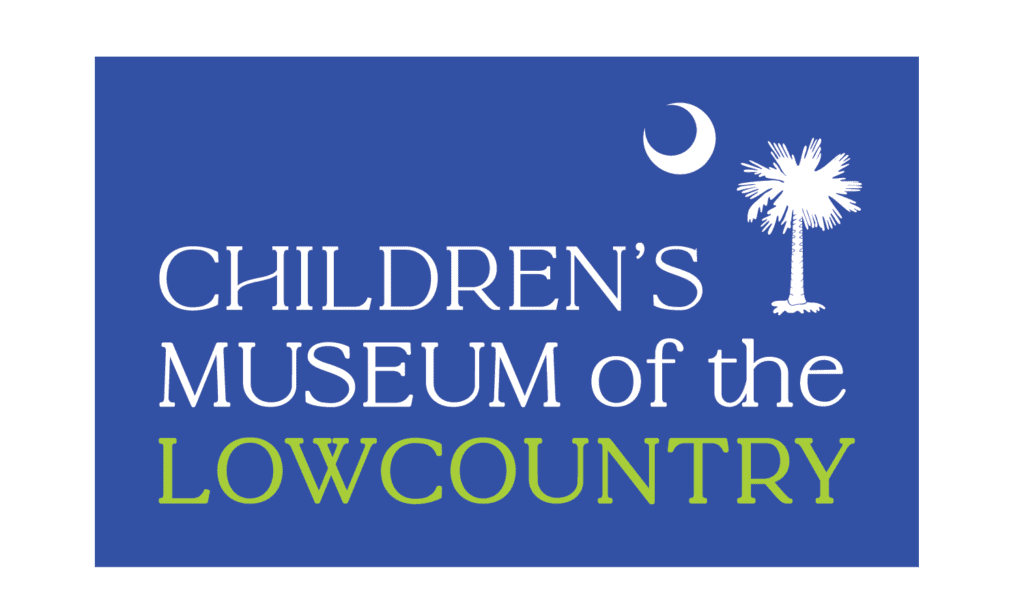CML Recommends
Research shows that unstructured, self-directed PLAY is essential for little ones’ healthy development. The Children’s Museum of the Lowcountry encourages PLAY both at the Museum and at home. The following resources are provided for families and educators to help support continuous discovery and encourage all of us to make time and space for a child’s PLAY. Our current learning resources address the needs of parents, after-school educators, classroom teachers, and other grown-ups, and include helpful tips and tricks to give every child the best opportunity to learn and grow through enrichment, engagement, and fun.
Develop Creative Problem Solving Skills
Supporting Creative Problem Solving
Encouraging Kids to Try New Foods
Working Through Whining with Kids
Importance of Free Play
Preventing Lead Poisoning
Improving Dental Hygiene
Preparing for School
Kindergarten Readiness
Creative Problem Solving
Promoting Social Interaction
Navigating the 'Meeting Santa Freakout'
Educational Toys That Are Fun
Keeping Children Entertained During Travel
Transition from Break to Routine
Visiting Museums with Children
Taking Young Children to Restaurants
Child Development Tools
Summer Camp Enrollment
Children's Literacy Helps Longterm Success
Focus on Reading Comprehension
Navigating Large Events with Your Child
Teach Your Child to Express Gratitude
Help Your Child Identify Emotions
Managing Your Temper with Your Child
Build Resilience in Your Child
Understanding the 'Why' Behind Whining
The 4 Types of Children's Play
Exploring Guided Play
Play As An Instinctive Behavior
Play As An Instinctive Behavior, Part 2
Child Development Through Animal Exposure
Keeping Kids Busy in the Summer
Taking Your Child to the Movies
Dealing with Separation Anxiety
Apps to Encourage Reading
Introducing Young Children to Technology
Seven Areas for Fourth of July Safety
Expanding your Child’s Communication Skills






